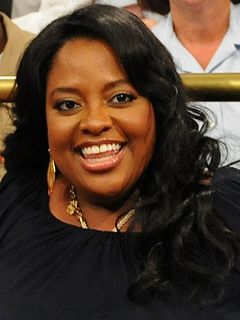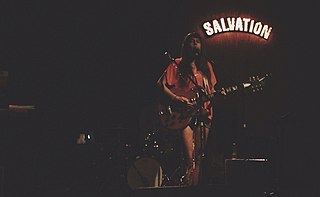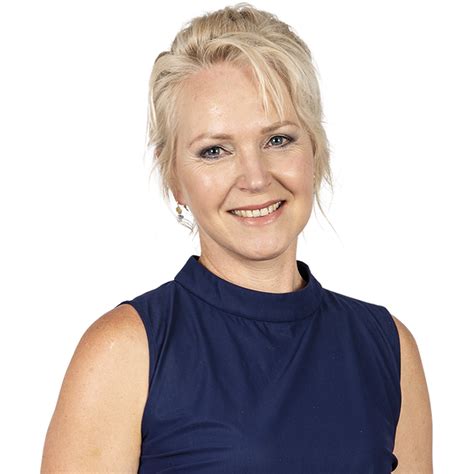A Quote by P. L. Travers
Every child needs to have for itself not only its loving parents and siblings and friends of its own age, but a grown-up friend.
Related Quotes
Whenever I hear about a child needing something, I ask myself, 'Is it what he needs or what he wants?' It isn't always easy to distinguish between the two. A child has many real needs which can and should be satisfied. His wants are a bottomless pit. He wants, for example, to sleep with his parents. He needs to be in his own bed. At Christmas he wants every toy advertised on television. He needs only one or two.
I grew up as an only child, so inherently, most of my life was centered around me. My parents taught me to play well with others and to share my toys, but I was still an only child who didn't have to share my parent's attention with siblings. As great as my childhood was, I always wanted brothers and sisters.
The narcissistic, the domineering, the possessive woman can succeed in being a "loving" mother as long as the child is small. Only the really loving woman, the woman who is happier in giving than in taking, who is firmly rooted in her own existence, can be a loving mother when the child is in the process of separation.
Every child has to disobey the father. Unless a child disobeys the father he never becomes mature. It is nothing, original, it is very simple and natural. It is very psychological. There comes an age when every child has to say NO to the parents. If he does not say no to the parents he will not have a spine; he will be spineless. If he cannot say no to the parents, he will be a slave his whole life. He will never attain to individuality.
Parents who are stressed or disturbed will have more difficulty in meeting their children's needs. Parents who have little support--from friends, relatives, neighbors, or the community--are more likely to be overburdened by the demands of their babies and to be unable to respond to them adequately. Parents who experience severe poverty or economic insecurity, who cannot satisfy their own basic needs, are likely to have difficulty in responding to their children's needs.
Think of each wound as you would of a child who has been hurt by a friend. As long as that child is ranting and raving, trying to get back at the friend, one wound leads to another. But when the child can experience the consoling embrace of a parent, she or he can live through the pain, return to the friend, forgive, and build up a new relationship. Be gentle with yourself, and let your heart be your loving parent as you live your wounds through.






































